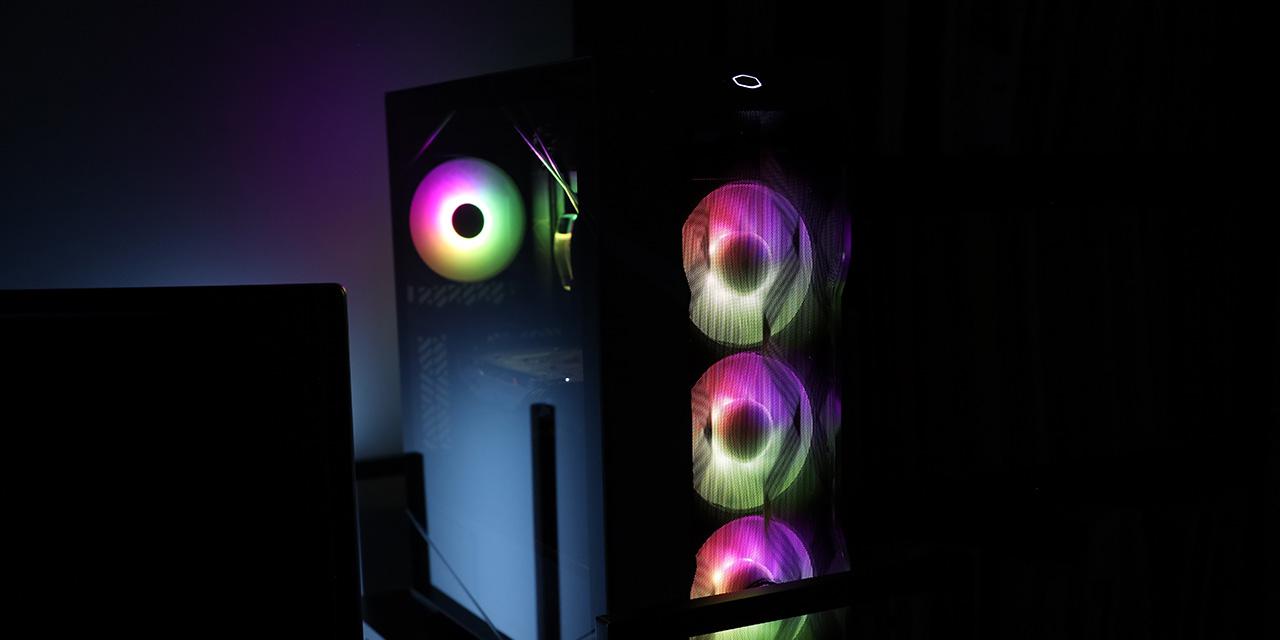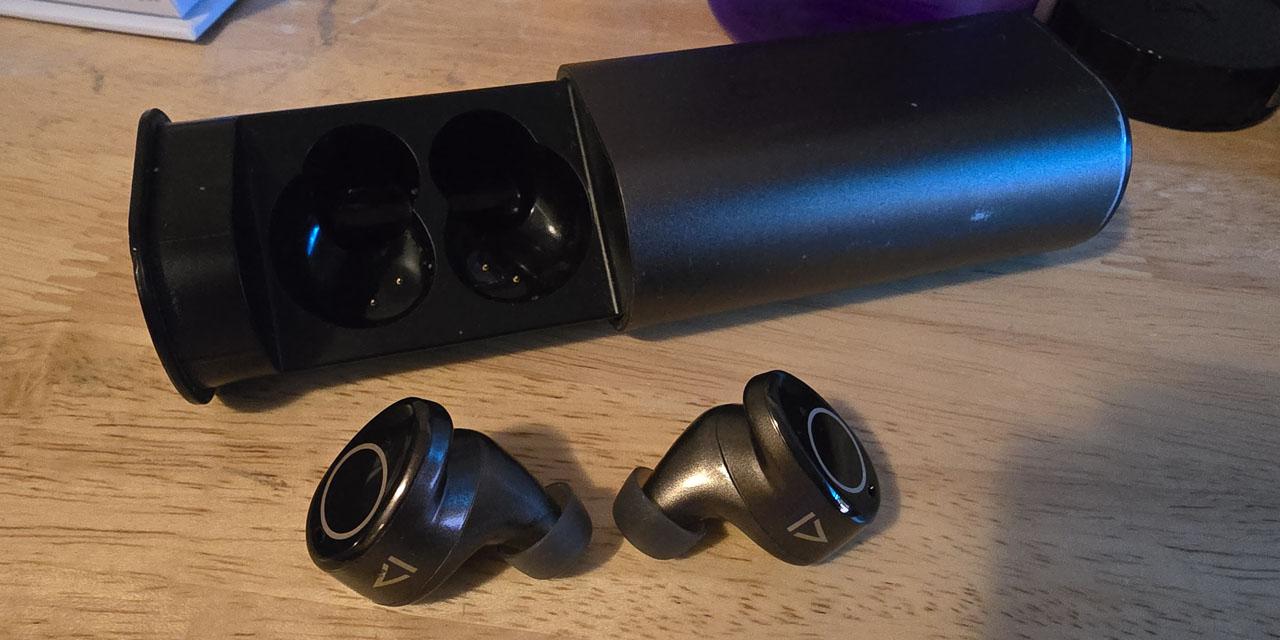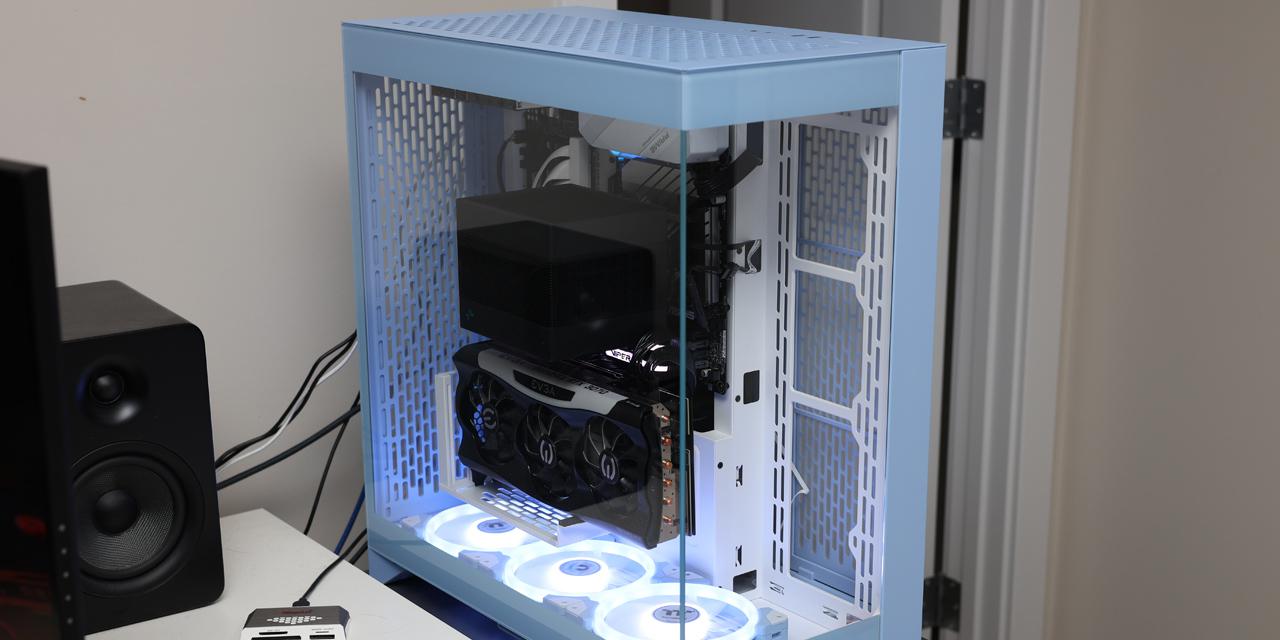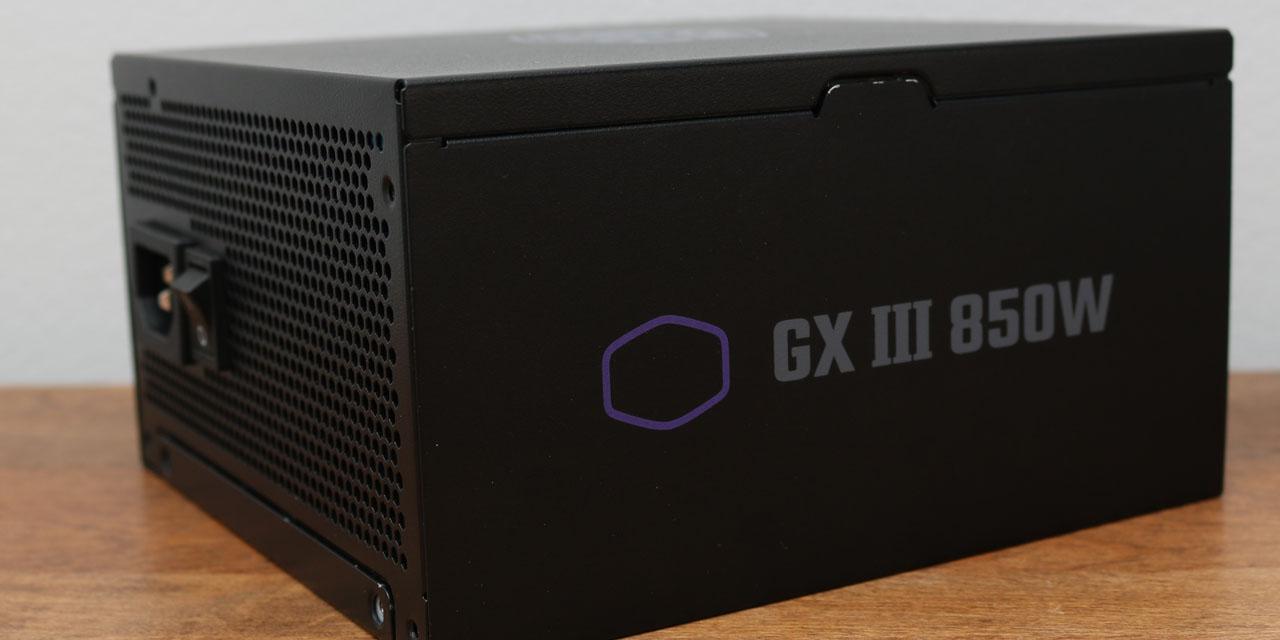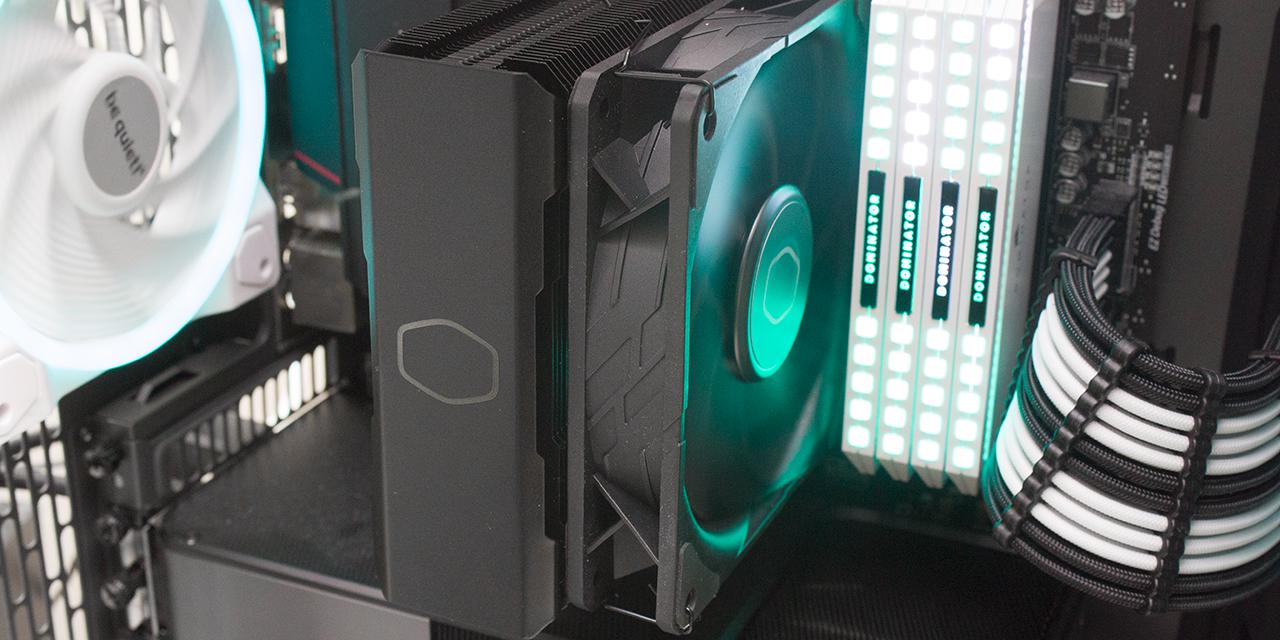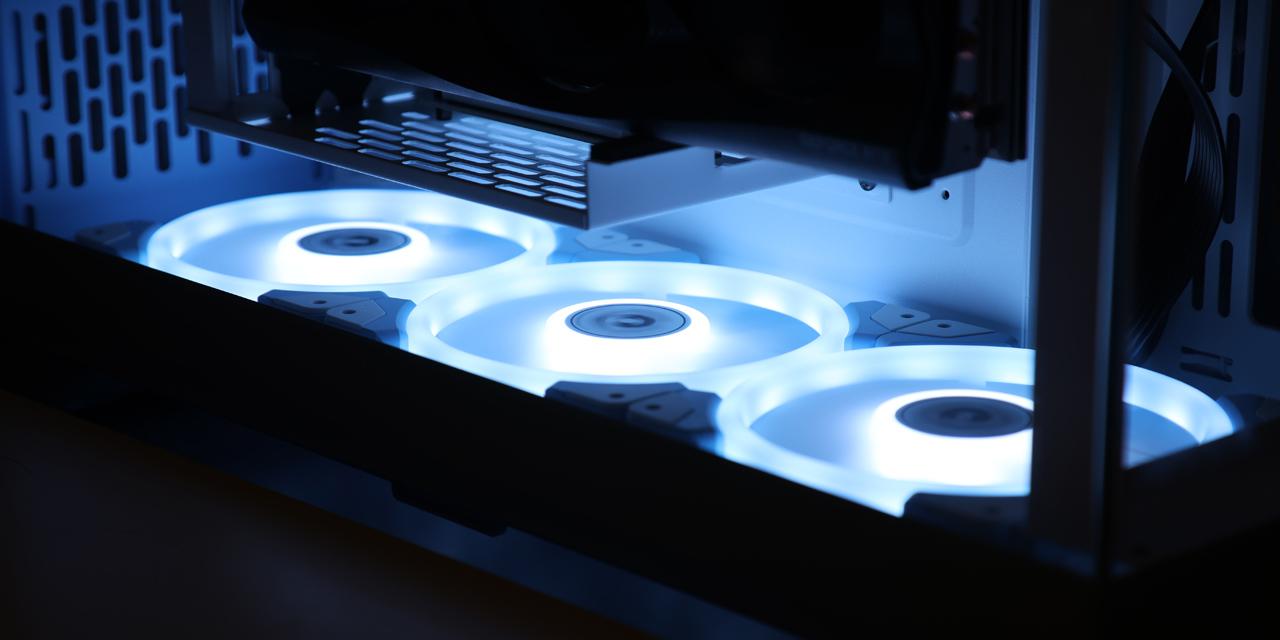|
From X-bit Labs: In a bid to secure its mission-critical HP-UX platform, Hewlett-Packard has paid Intel Corp. around $690 to keep Itanium microprocessor alive till 2017 and update it in timely manner, court findings reveal. Back in 2008 the maker of servers paid Intel $440 million in order to keep producing and updating Itanium microprocessors from 2009 to 2014. In 2010, the two companies signed another $250 million deal, which obliged Intel to continue making Itanium central processing units for HP's machines till 2017, according to Wired. Under the terms of the agreements, HP has to pay for chips it gets from Intel, whereas the latter launches Tukwila, Poulson, Kittson and Kittson+ chips in a bid to gradually boost performance of the platform. Given the fact that Itanium is essentially on life support, it is not surprising that software makers, including Microsoft and Red Hat have already stopped developing software for Itanium. Large makers of servers, Dell and IBM, dropped Itanium back in 2005. In early 2011 Intel discontinued support for Itanium in its C/C++ and Fortran compilers. In fact, Intel has even relocated engineers developing Itanium products onto Xeon-related projects, another signal that the platform will hardly evolve substantially going forward. Oracle believes that HP mislead its customers by not disclosing peculiarities of Itanium's future and that Oracle's own decision to stop developing new software for Itanium was fully legitimate. HP believes that Oracle breached a contract and did so in a bid to improve competitive landscape on the business-critical server market in favour of its own Sun SPARC servers. The court found both companies acting unfairly. Hewlett-Packard needs to keep Itanium microprocessor alive and improving for several years from now because its mission-critical platforms, such as HP-UX, OpenVMS or NonStop, rely on those chips and it will take years before they are ported to Intel Xeon architecture. But HP may need to speed-up its porting efforts as sales of its Integrity and Superdome IA64-based machines have been declining for several consecutive quarters now. View: Article @ Source Site |
 |
HP Paid Intel $690 Million to Keep Itanium Alive - Court Findings
© Since 2005 APH Networks Inc. All trademarks mentioned are the property of their respective owners.
